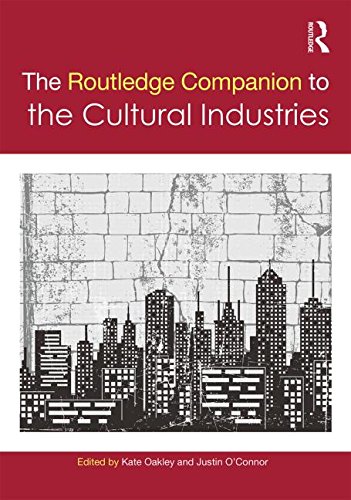

Most ebook files are in PDF format, so you can easily read them using various software such as Foxit Reader or directly on the Google Chrome browser.
Some ebook files are released by publishers in other formats such as .awz, .mobi, .epub, .fb2, etc. You may need to install specific software to read these formats on mobile/PC, such as Calibre.
Please read the tutorial at this link: https://ebookbell.com/faq
We offer FREE conversion to the popular formats you request; however, this may take some time. Therefore, right after payment, please email us, and we will try to provide the service as quickly as possible.
For some exceptional file formats or broken links (if any), please refrain from opening any disputes. Instead, email us first, and we will try to assist within a maximum of 6 hours.
EbookBell Team

4.1
100 reviewsThe Routledge Companion to the Cultural Industries is collection of contemporary scholarship on the cultural industries and seeks to re-assert the importance of cultural production and consumption against the purely economic imperatives of the ‘creative industries’.
Across 43 chapters drawn from a wide range of geographic and disciplinary perspectives, this comprehensive volume offers a critical and empirically-informed examination of the contemporary cultural industries.
A range of cultural industries are explored, from videogames to art galleries, all the time focussing on the culture that is being produced and its wider symbolic and socio-cultural meaning. Individual chapters consider their industrial structure, the policy that governs them, their geography, the labour that produces them, and the meaning they offer to consumers and participants.
The collection also explores the historical dimension of cultural industry debates providing context for new readers, as well as critical orientation for those more familiar with the subject. Questions of industry structure, labour, place, international development, consumption and regulation are all explored in terms of their historical trajectory and potential future direction.
By assessing the current challenges facing the cultural industries this collection of contemporary scholarship provides students and researchers with an essential guide to key ideas, issues, concepts and debates in the field.